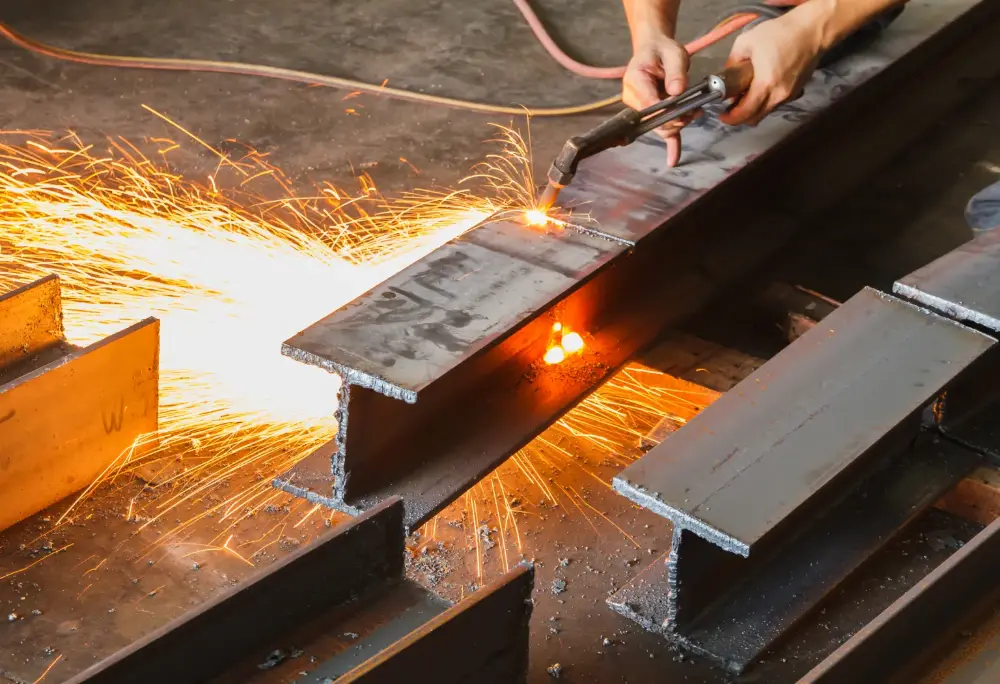
5 Essential Tips for Selecting Your Welding Material
- Top Notch Welding Services
- Understanding the Project Requirements: Before diving into material selection, it's crucial to fully grasp the project's demands. This includes the structural function of the component, the environment it will be exposed to, and the expected lifespan. Whether it's for a high-stress application or for something that requires aesthetic appeal, the project's needs will direct your material choice.
- Assessing Material Properties: Different materials react differently under various conditions. For instance, stainless steel offers corrosion resistance, while aluminum is known for its lightweight and excellent conductivity. Assessing properties like tensile strength, flexibility, and melting point is non-negotiable for ensuring a successful weld.
- Compatibility with Welding Processes: Not all materials are suited to all welding processes. While TIG welding is excellent for thinner, more delicate metals, MIG welding can be more forgiving with thicker, sturdier material. Matching the material with the appropriate welding process is paramount for a high-quality join.
- Cost-Effectiveness: While it's tempting to opt for the cheapest material, this can often lead to increased costs due to repairs and replacements. Investing in the right material upfront is cost-effective in the long run, especially regarding crucial structural components.
- Consulting with Experts: Sometimes the wealth of material options can be overwhelming. Consulting with welding experts can provide clarity. Professionals bring experience and understanding of how different materials will perform over time and under stress, which is invaluable for your project.
At Top Notch Welding, we specialize in guiding our clients through the maze of material selection for their welding projects. With services like on-site welding, structural welding, welding consultation, and metal fabrication, we ensure that your project not only meets but exceeds expectations. For expert advice and superior service, contact us today.
